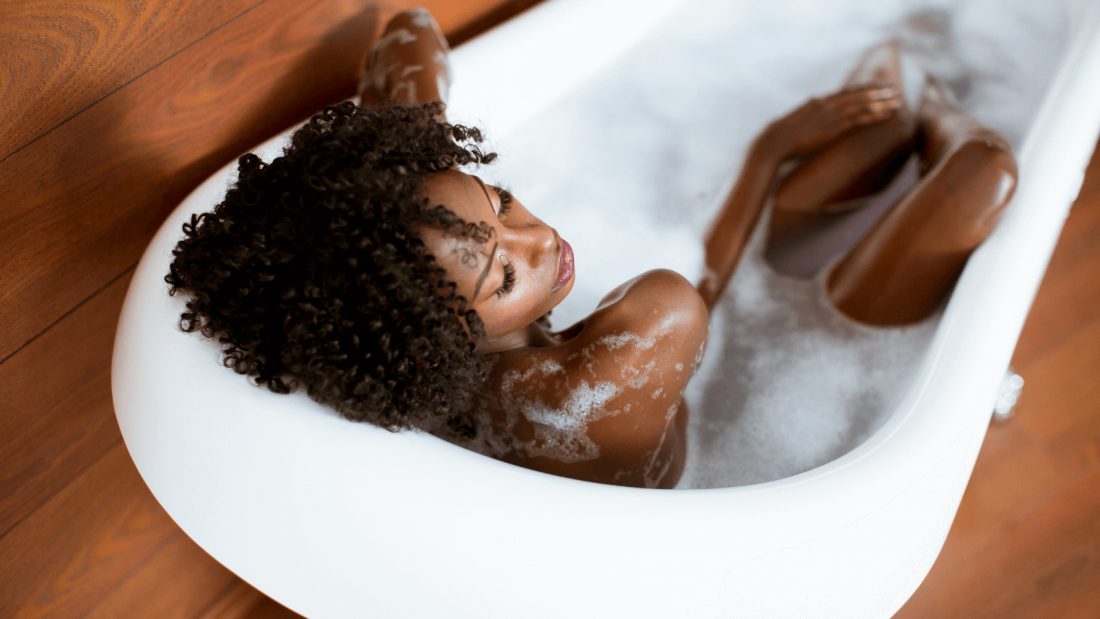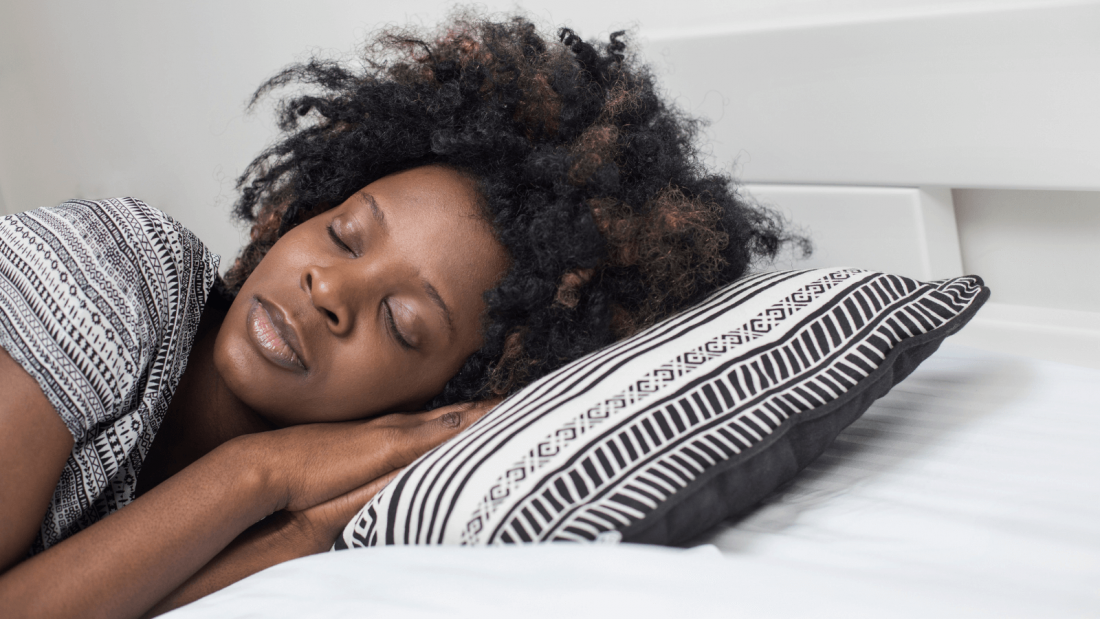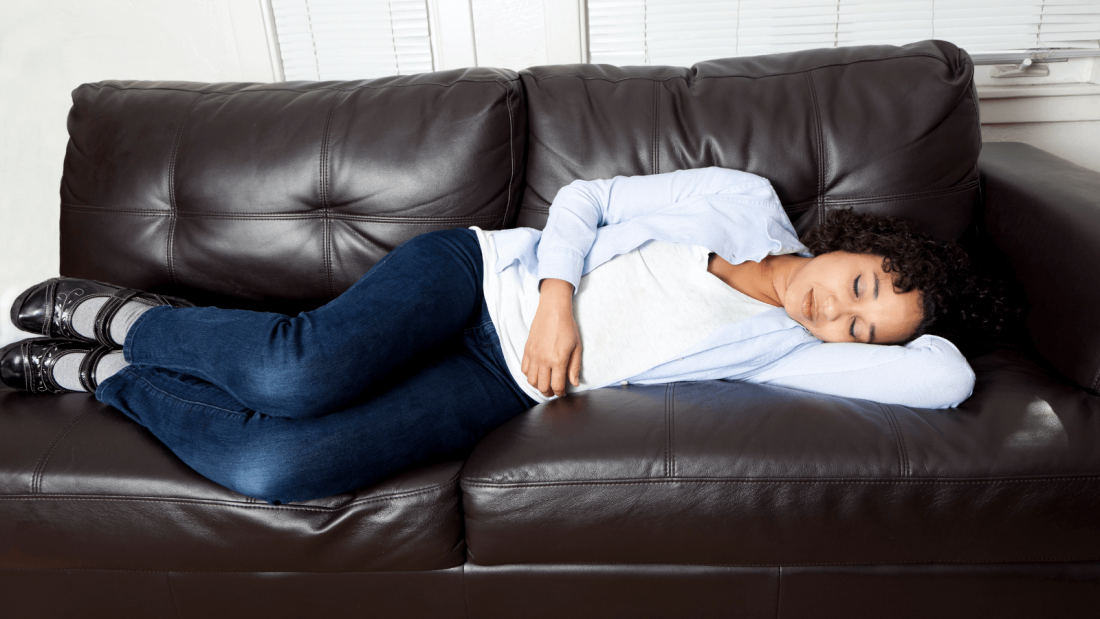It’s payback time! If you’re dreading the loss of an extra hour’s sleep when the clocks go forward on 27 March, these six tips will help you get right back on track.
In the UK, along with the longer and brighter days, the beginning of spring also means that clocks go forward to account for the shift to longer daylight exposure. Unlike in the autumn when we gain an hour’s sleep, getting our body clock to be in sync with the loss of the hour can be trickier for some people to adjust to.
To help your body to adjust to the loss of that extra hour and regulate your sleep cycle, we turned to the sleep experts at Sealy UK, who armed with the facts from their sleep survey of more than 2,000 people, have compiled six important tips for you to follow. These tips will hopefully not only let you fall asleep faster but stay asleep for longer.
How to get enough sleep when the clocks go forward
Read on for six expert tips to help you sleep when the clocks go forward.
Stick to your usual sleep schedule
It may be tempting to have a lie-in to catch up on the lost hour of sleep, it’s best that you stick to your usual sleeping pattern, this means that you should go to bed and wake up at the same times as usual. While it may be difficult to wake up an hour earlier than usual, and in turn fall asleep an hour earlier in the evening, this routine is essential in regulating your internal body clock and helping you overcome the clock change quicker.
Take a bath or shower

Trying to sleep an hour earlier than usual can be difficult, especially when you may not feel tired enough, however one way to combat this is to take a bath or shower. Not only is a bath a great way to relax and unwind, having a bath before bed can actually help to promote sleep and induce tiredness. Your temperature naturally dips at night as your body prepares for rest, beginning about two hours before sleep. When you have a bath, your temperature rises by a degree or two, and the rapid cool-down immediately after the bath imitates this natural decrease of your body temperature, helping you to fall asleep faster.
Avoid a nightcap before bed
According to the study by Sealy UK, one quarter (25%) of us admitted to enjoying alcohol within three hours of going to bed. And while a nice glass of wine might be an enjoyable way to de-stress at the weekend, alcohol can have a negative impact on our rapid eye movement (REM) sleep, which is often considered the most restorative stage of sleep.
While it may help you to fall asleep faster after the clock change, you’ll spend less time in your REM phase of sleep – meaning you’re more likely to wake up feeling unrested and drowsy. If you still want to enjoy a nightcap in the evening, try to only have one, and have it as early in the evening as possible to minimise the effects.

Naughty late-night habits hinder a good nights’ sleep
Focus on your breathing
If you find it difficult to fall asleep after the clocks spring forward, there are some breathing techniques that you can try to help you to drift off. Breathing exercises can help to reduce stress and calm your body and mind at bedtime. A simple technique to try is to close your eyes and concentrate on slow and steady breathing – inhaling through your nose and exhaling through your mouth.
Create the perfect sleep environment
When trying to adjust your sleeping pattern, the brain can stay active for a while, however falling asleep will be a lot easier if you have the ultimate cosy yet comfortable bed.
Avoid napping

The clock change can leave many of us struggling to sleep, and feeling tired for the following days. However, it’s important that those of us struggling to sleep avoid taking naps throughout the day.
It may sound unusual, but people who struggle to get a good night’s rest are the ones who need to avoid naps the most. If you’re regularly having problems sleeping, having an afternoon siesta can actually make your sleeping pattern worse, as it is likely to disrupt your natural waking and sleeping time, and make adjusting to the new daylight hours even harder.
Do you struggle to switch off every night? Here are four tips for better sleep












